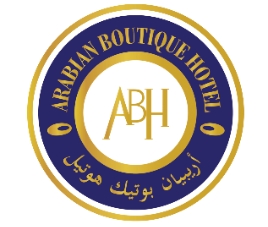
ALI ALRAIS, CO-OWNER, ARABIAN BOUTIQUE HOTEL: "WE STRIVE TO SHARE OUR WAY OF LIVING" (Émirats arabes unis)
Built in the 1910s, in the oldest area of Dubai, the Arabian Boutique Hotel is a promise to experience authentic culture. |
 |
ALI ALRAIS, CO-OWNER, ARABIAN BOUTIQUE HOTEL: "WE STRIVE TO SHARE OUR WAY OF LIVING" (Émirats arabes unis)
Built in the 1910s, in the oldest area of Dubai, the Arabian Boutique Hotel is a promise to experience authentic culture. |
Catégorie : Moyen Orient - Émirats arabes unis - Interviews et portraits
- Interviews - Les Leaders du secteur
Interview de Sonia Taourghi le 07-06-2024
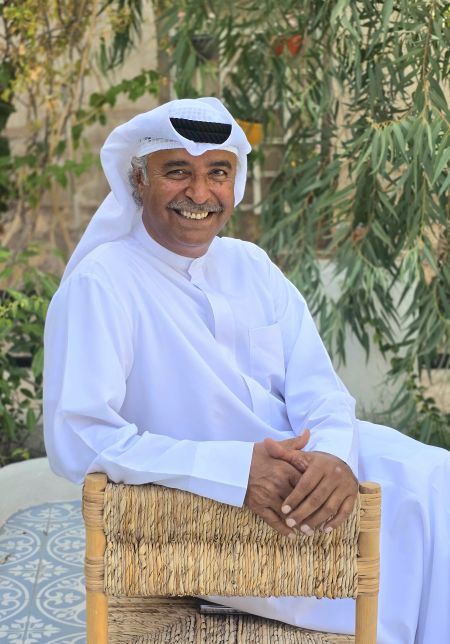 Ali Alrais, Co-Owner of Arabian Boutique Hotel in the hotel courtyard
Crédit photo © Sonia Taourghi / Journal des Palaces
Just a hundred meters from the Al Ghubaiba Metro Station, on the banks of Dubai Creek, stands a traditional, mud-coloured house — the Arabian Boutique Hotel. It is managed by Ali Alrais and his wife, Rania Saied, under the Alrais Group, and provides guests with an authentic experience, reflected in the hotel's traditional architecture and the cuisine served at the Arabian Fish House restaurant. Over lunch, Ali Alrais shared the inspiration behind their project and the significance of preserving and sharing the rich culture of Old Dubai. "Dubai may have been a mere blip on the map 30 years ago, but its history and culture run deep. It was the crossing between East and West, the main route for pearl business and an archaeological site. This neighbourhood was the heart of Dubai two centuries ago. He also mentioned his first restaurant in the UAE, Arabian Tea House, which shares and serves authentic Emirati and Arabic food, so his main goal was to introduce Emirati Cuisine to locals and visitors alike, sharing the essence of Emirati hospitality with every customer experience.
Ali Alrais, who worked at Qatar Airways as a Senior Vice President for over 20 years, brings his passion for creation to the hotel. He leads his team in designing new experiences and even crafting furniture, like the tables inspired by aeroplane trays. "These tables we're eating on were inspired by the tablet of the plane. They open like wings," he explained.
Throughout our conversation, Ali often referenced his beloved aviation industry. One guiding principle he shared from his airline days was, "One of the criteria I have for the aeroplane crew is to give at least 28 seconds to every passenger. Whether it's eye contact, talking, checking in, etc. Whatever you do, you have to see those 150 people and recognise them." I was fortunate to receive more than 28 seconds.
Journal des Palaces : What's the story behind Arabian Boutique Hotel?
Ali Alrais: My great-grandfather resided in Al Shindagha, where he constructed a makeshift schoolhouse from palm leaves to educate local children in Quranic teachings. As the neighbourhood evolved, he relocated, but our family remains deeply embedded in this historic locale.
This particular house is part of the historic residences of Thani bin Abdullah Al-Rumaiti, a figure of prominence known for his contributions to business and philanthropy. This property symbolised more than just bricks and clay; it represented a chance to breathe new life into a piece of history. Upon acquiring the residence, the vision to transform it into a multifaceted establishment — a welcoming restaurant and a functional hotel — began to take shape.
Tell us more about this area.
Dubai Creek, a historic waterway dating back to 1920, used to be traversed by a seaplane, which has long served as the lifeline of the city. Serving as a vital sea link between the East and West, it played a crucial role in facilitating trade between the UK and India. Today, it continues to thrive as a bustling centre of commerce, with traditional wooden boats known as abra transporting goods across its waters to destinations spanning Africa, India, and beyond.
Beyond its commercial significance, Dubai Creek holds cultural importance, with its unique ecosystem supporting pearl fishing — a trade that once fuelled the local economy. As Dubai evolves into a global metropolis, the creek remains a symbol of the city's past, present, and future, embodying the spirit of enterprise and innovation that defines this dynamic emirate.
What sets Arabian Boutique Hotel apart from the other luxury hotels in the city?
Al Shindagha is the oldest neighbourhood in Dubai, where most prominent families live, including Sheikh Mohammed. He was born in this area and has invested significantly in its revitalisation. The proximity of ABH to the Palace of the Ruler, just three houses away, speaks to its strategic location in Al Shindagha. ABH's inception was driven by the need to preserve this historic area. Our guests can enjoy leisurely explorations of the car-free streets with vintage Japanese bicycles provided by the hotel.
Furthermore, easy access to water taxis and the metro, just 100 yards away, enhances guests' convenience in exploring the broader cityscape.
We strive to share our way of living with visitors from around the world. When inquired about coping without AC in the summer, we proudly share our eco-friendly approach. By employing jute curtains and wetting them, we ingeniously harness the natural cooling power of the breeze, a sustainable tradition passed down through generations.
What type of clientele are you currently attracting, and trying to attract?
Our guests are keen on experiencing authentic Dubai and are eco-conscious. We operate five Arabian Tea Houses and two Arabian Fish Houses, with menus based on Emirati and Middle Eastern cuisine. We prioritise fresh, local fish and organic produce from our Arabian Farmhouse in Swaihan, Abu Dhabi. Soon, we will organise trips to the farm for guests.
As we continue to grow and evolve, our goal remains steadfast: to share our culture with the millions of tourists who visit Dubai each year.
What are the opportunities and challenging of recruiting in Dubai?
Dubai's cosmopolitan allure, akin to cities like New York or London, offers abundant opportunities for professional growth and cultural enrichment. To build this industry, we must welcome talent from around the world. Talents may move on to explore other opportunities, but this is the nature of life in Dubai. Despite these hurdles, Dubai'sdiverse talent pool is a wellspring of potential for organisations, including the Arabian Boutique Hotel.
We value candidates not only for their skills but also for their dedication to delivering exceptional customer experiences. In hospitality, where personalised service reigns supreme, effective communication is key. Hence, we prioritise recruiting individuals adept at fostering positive guest interactions, ensuring memorable stays for all.
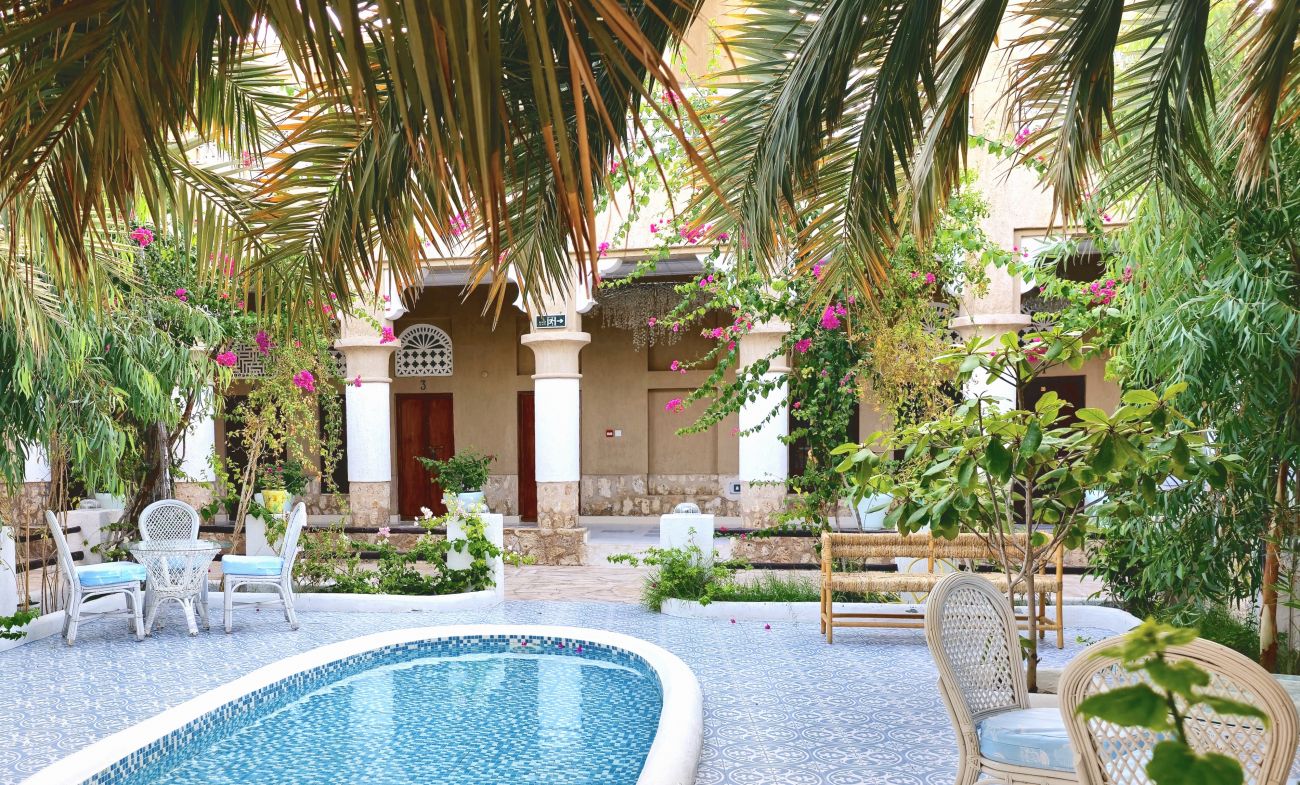 The interior courtyard of the Arabian Boutique Hotel
Crédit photo © Sonia Taourghi / Arabian Boutique Hotel
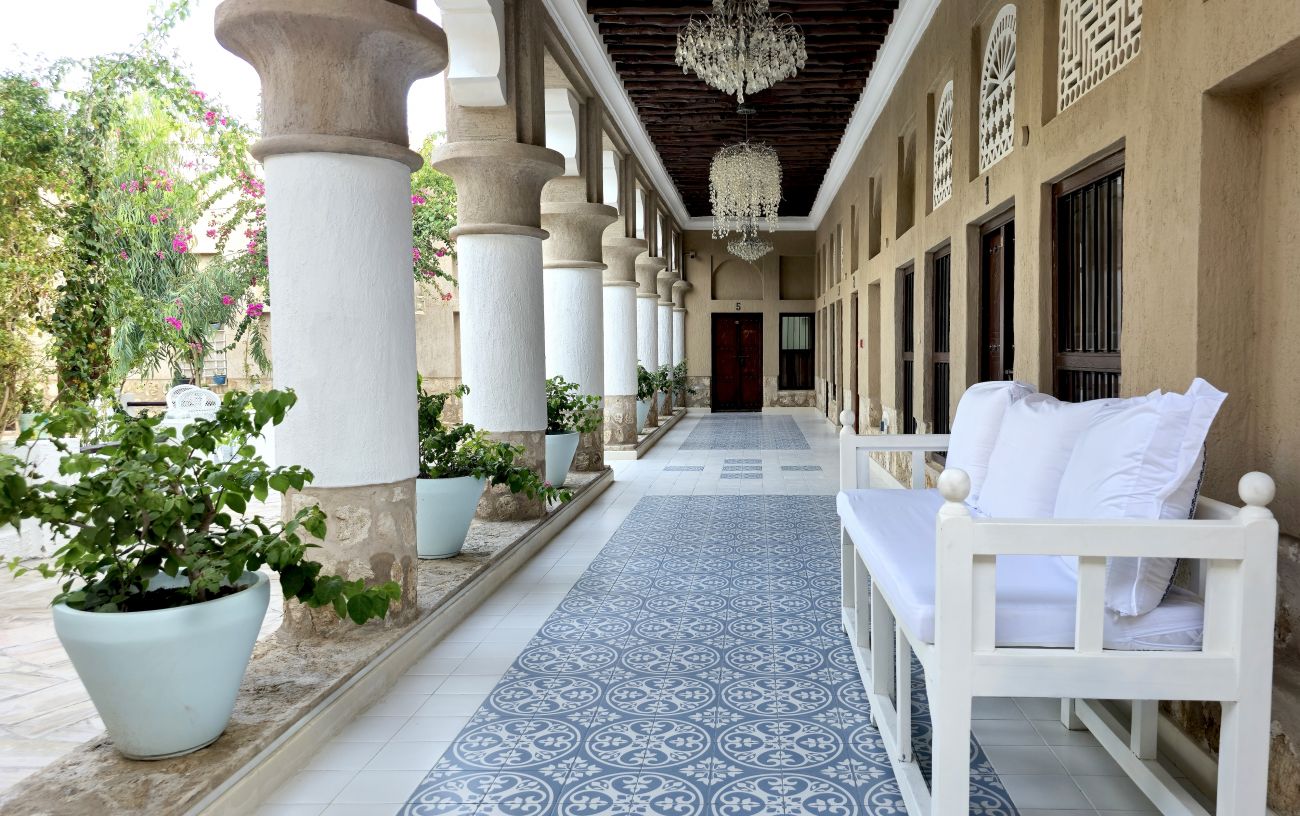 Courtyard with access to rooms at the Arabian Boutique Hotel
Crédit photo © Sonia Taourghi / Journal des Palaces
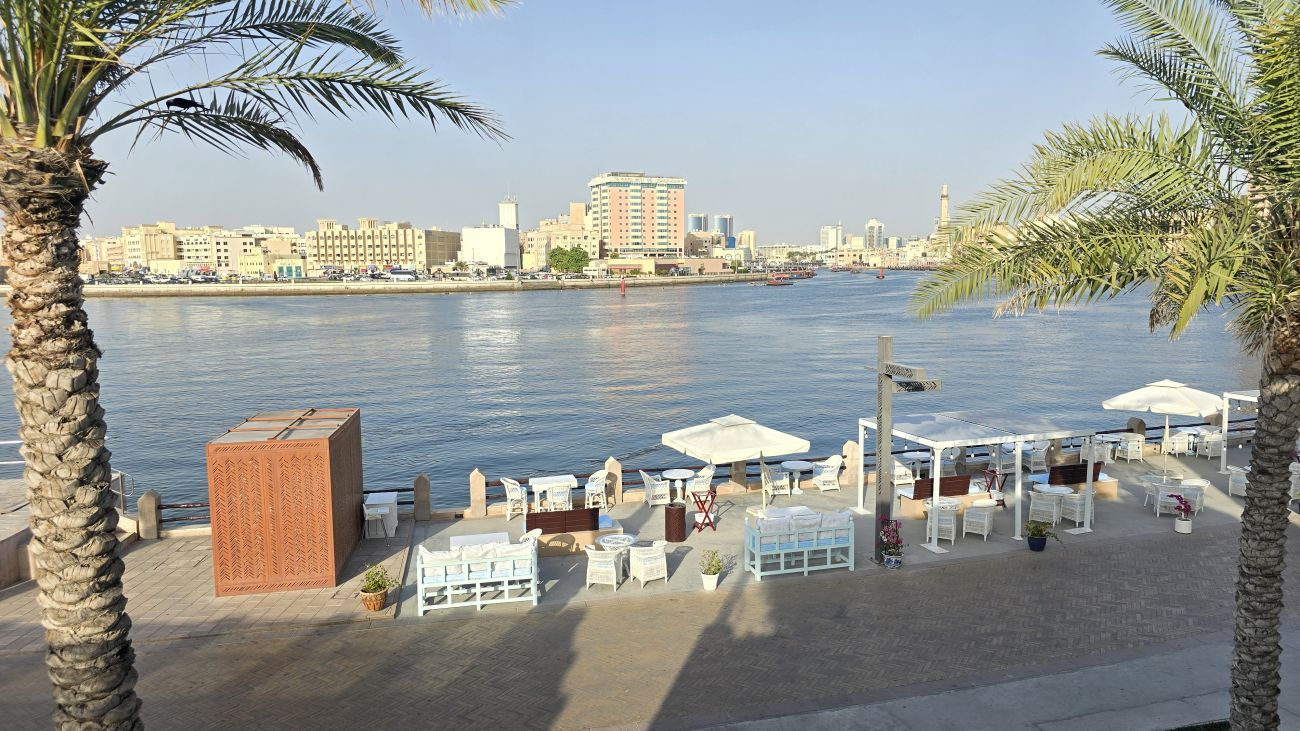 View on Dubai Creek from the terrace of the Arabian Boutique Hotel
Crédit photo © Sonia Taourghi / Journal des Palaces
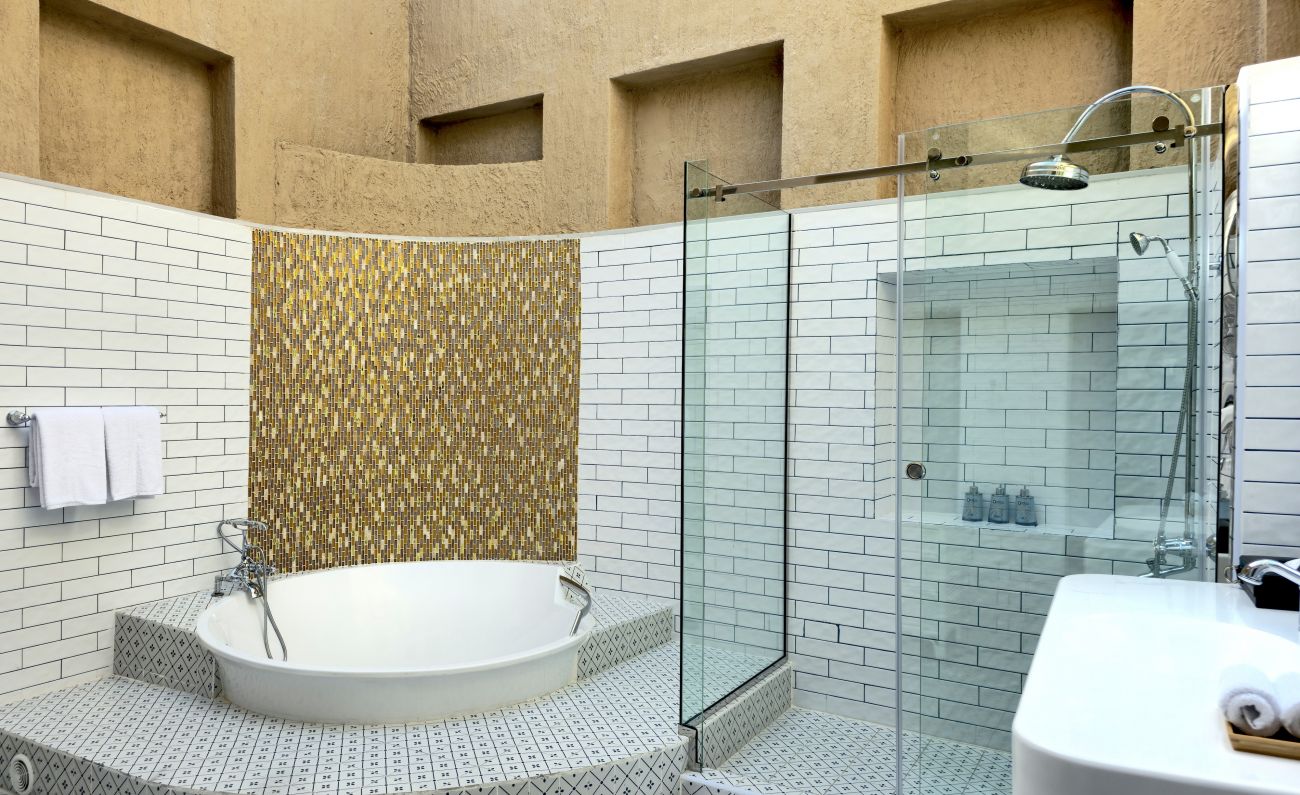 A bathroom at the Arabian Boutique Hotel
Crédit photo © Sonia Taourghi / Journal des Palaces
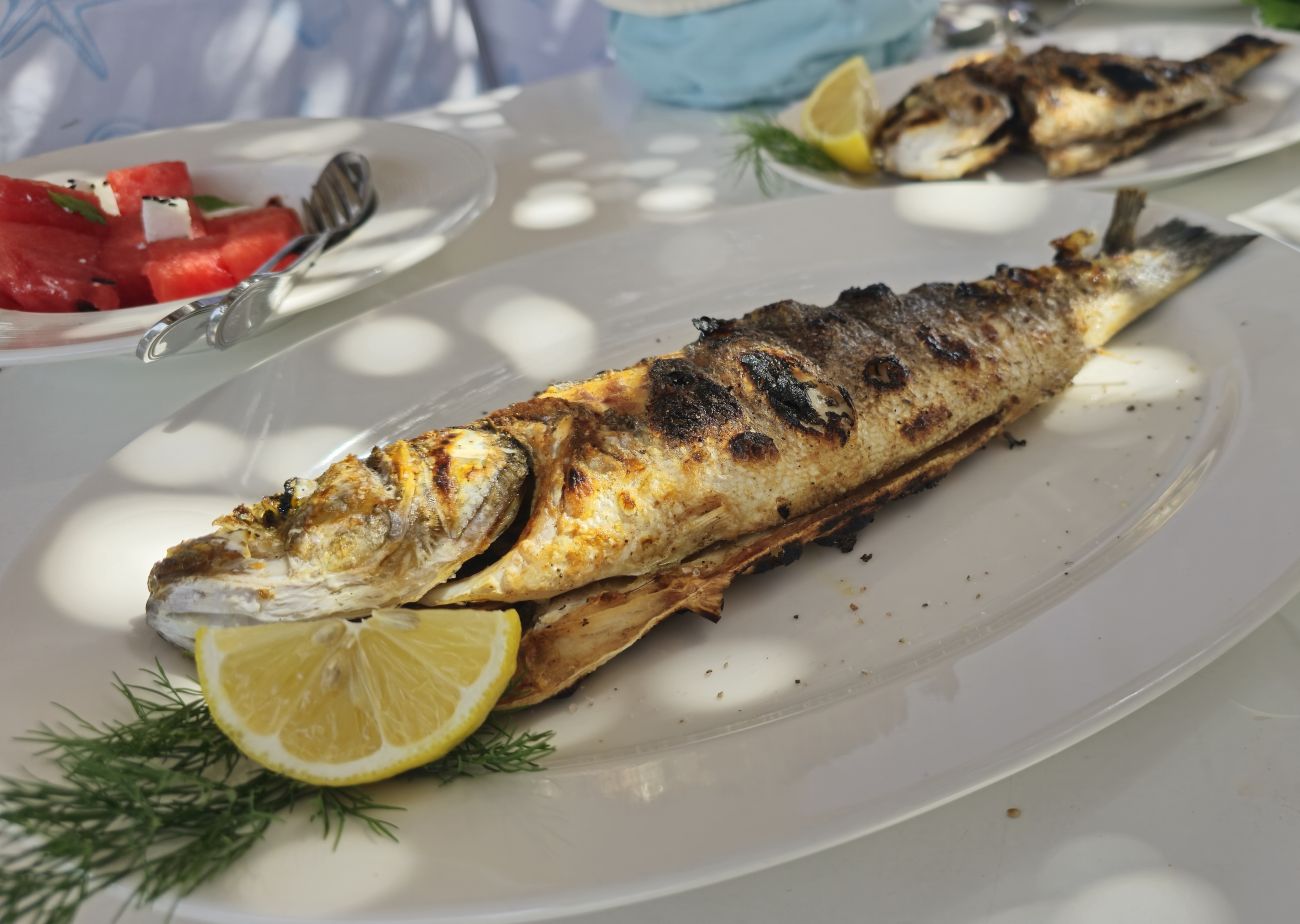 Fresh grilled fish served at the Arabian Fish Restaurant
Crédit photo © Sonia Taourghi / Journal des Palaces
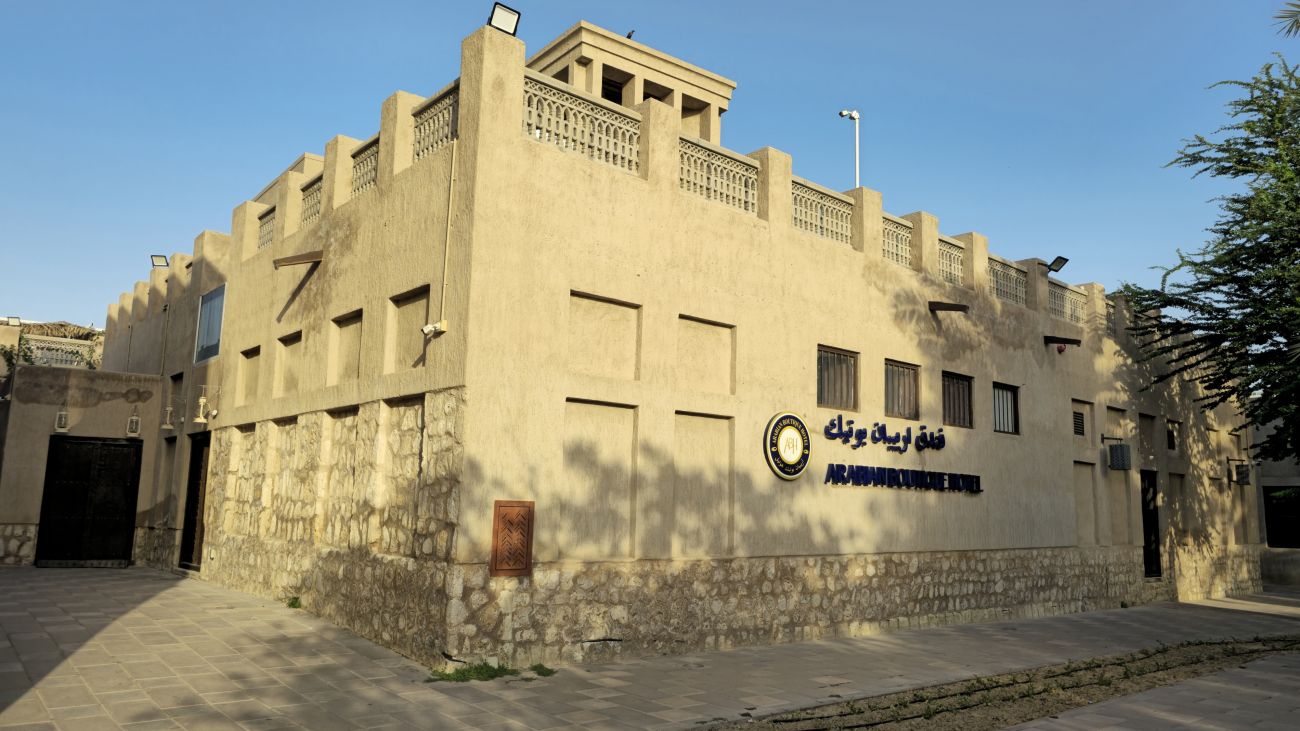 Façade of the Arabian Boutique Hotel
Crédit photo © Sonia Taourghi / Journal des Palaces
|
|






